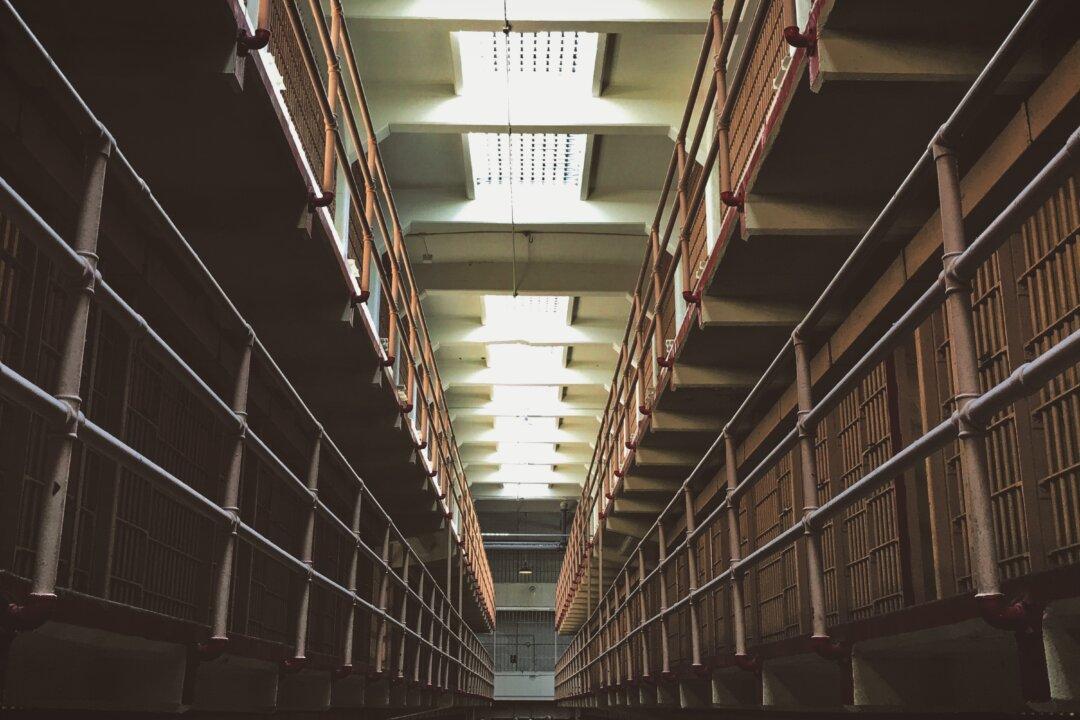Unvaccinated inmates in Pennsylvania’s state prisons are being held in lockdown conditions indefinitely, unless they submit to vaccination. It means they must stay in their cells 22 hours a day.
The Pennsylvania Department of Corrections, which oversees state prisons, denies lockdowns are related to vaccination.





